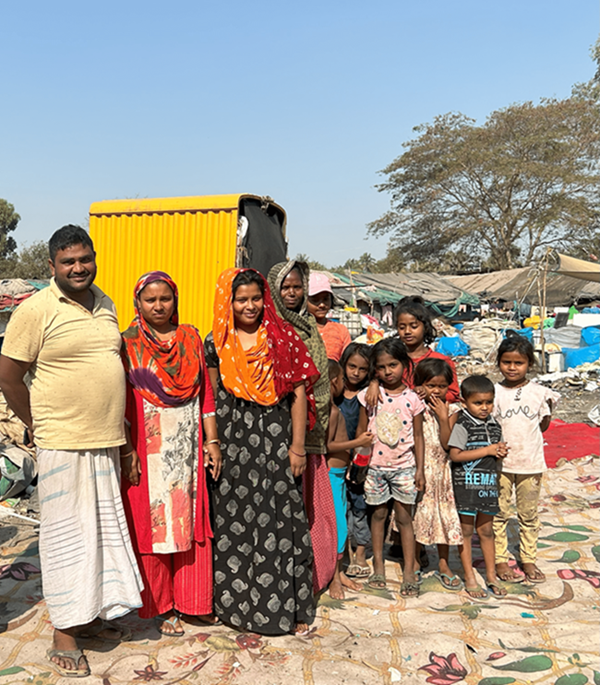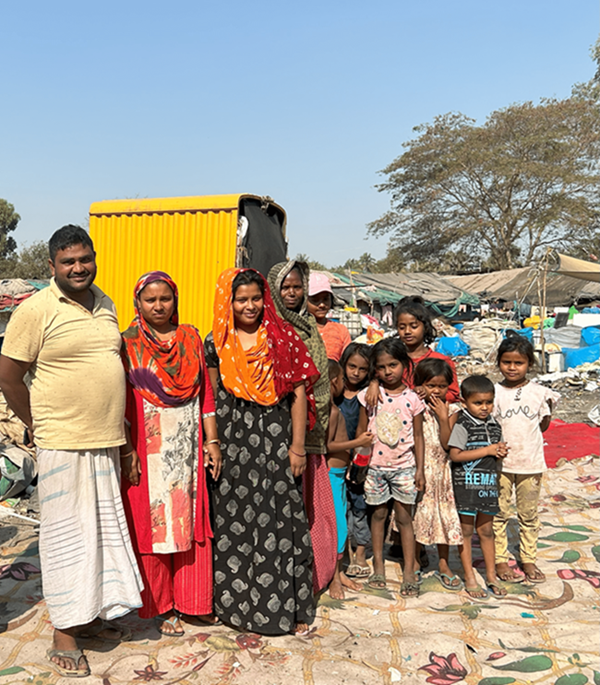“In 2009, the river through my village flooded, sweeping away my farm. The land was left barren. I migrated to Bangalore in search of work”, says Chandmiya, now a waste entrepreneur working with us at Hasiru Dala Innovations. “Large-scale involuntary migration” is one of the top 10 Global Risks reported by the World Economic Forum’s 2023 Global Risks Report. The frequency of extreme weather events is increasing with the rise in temperatures, leading to disruption of livelihoods and ultimately displacing people.

Left to right - Chandmiya, his wife, sorting workers, and the children of sorting workers.
As Chandmiya arrived in Bangalore, he began waste-picking, since he did not have any other means of livelihood. Waste picking is the easiest for a migrant to take up as there is no employer-employee relationship, no capital required - just have to learn which waste has value and which doesn’t. . He met @NaliniShekar, and her organization Hasiru Dala helped him get a waste picker identity card. After working as a waste picker, Chandmiya moved to operating as a driver for one of HDI’s other entrepreneurs.
Hasiru Dala Innovations supported Chandmiya to transition to an entrepreneur in 2016 with a major corporate tender secured for waste management. Chandmiya was entrusted with the waste collection and segregation from all the corporate buildings for this township.
“We set up this godown ourselves, tying up the bamboo sticks and creating these structures'', remarks Chandmiya showing around his waste segregation facility.
At this facility, Chandmiya recovers resources from waste received from apartments, corporates, and other households. Plastic, paper, metal, glass and their different types, are sorted by the skilled and nimble workers employed and trained by Chandmiya.
The corporate tender that led to Chandmiya being transitioned to an entrepreneur is no more with Hasiru Dala Innovations now. But we are trying our best to get more responsible corporates and apartments to join us, establish due segregation practices there, and direct their waste to Chand for resource recovery.
As we speak to Chand about the loss of income due to this, he says,
“It's not like HDI left us when the big contract got over. They could have easily done so, but it's not how they function. They don’t believe in just feeding themselves, but sharing the meal and taking everyone together.”
These words are the “why” of all our work at Hasiru Dala Innovations! Chand’s resilience and determination remind us that true progress is not measured solely by economic success but by collective hope and aspirations. As Chand perseveres, so do we!
Written by: Vividha Vyas
Edited by: Shekar Prabhakar, Marwan Abubaker


